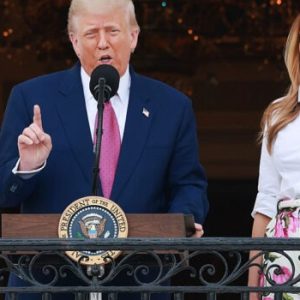The United Kingdom responded quickly and firmly to Vice President Vance’s recent remarks. Across the political and military spectrum, British voices condemned his comments, especially given the country’s heavy sacrifices in recent conflicts.
“636 Lives Lost — That’s Not Nothing”
Veterans and military leaders were among the first to speak out. Figures like former soldier and minister Johnny Mercer and author and ex-SAS member Andy McNab criticized Vance for showing what they saw as a lack of respect toward the UK’s armed forces.
They reminded the public—and Vance—that 636 British troops died in Iraq and Afghanistan, fighting alongside U.S. forces.
Top Brass Join the Chorus
High-ranking former officers, including Lord West and General Sir Patrick Sanders, also weighed in. They didn’t mince words, calling Vance’s comments dismissive of the “deep bonds and shared sacrifices” between British and American soldiers.
Politicians Step In
Political leaders followed suit. James Cartlidge, the Shadow Defence Secretary, called the remarks “deeply disrespectful” and emphasized Britain’s critical role in joint military operations over the years.
Former Foreign Secretary James Cleverly and other Members of Parliament also voiced concerns, urging Vance to show greater awareness and appreciation for the U.K.-U.S. alliance.
Starmer: “We’re Proud of Our Troops”
Prime Minister Keir Starmer added his voice, saying the UK takes great pride in its military’s service and sacrifices. He stressed the importance of maintaining mutual respect between allies, especially in public discourse.
Vance Responds — But Is It Enough?
As the backlash grew, Vice President Vance tried to clarify his position. He said his comments weren’t aimed at the UK or France specifically, but at countries without recent combat experience.
Still, the damage may already be done. His remarks have triggered a wider debate about the importance of diplomatic sensitivity, particularly when addressing the history and contributions of key allies like Britain.





